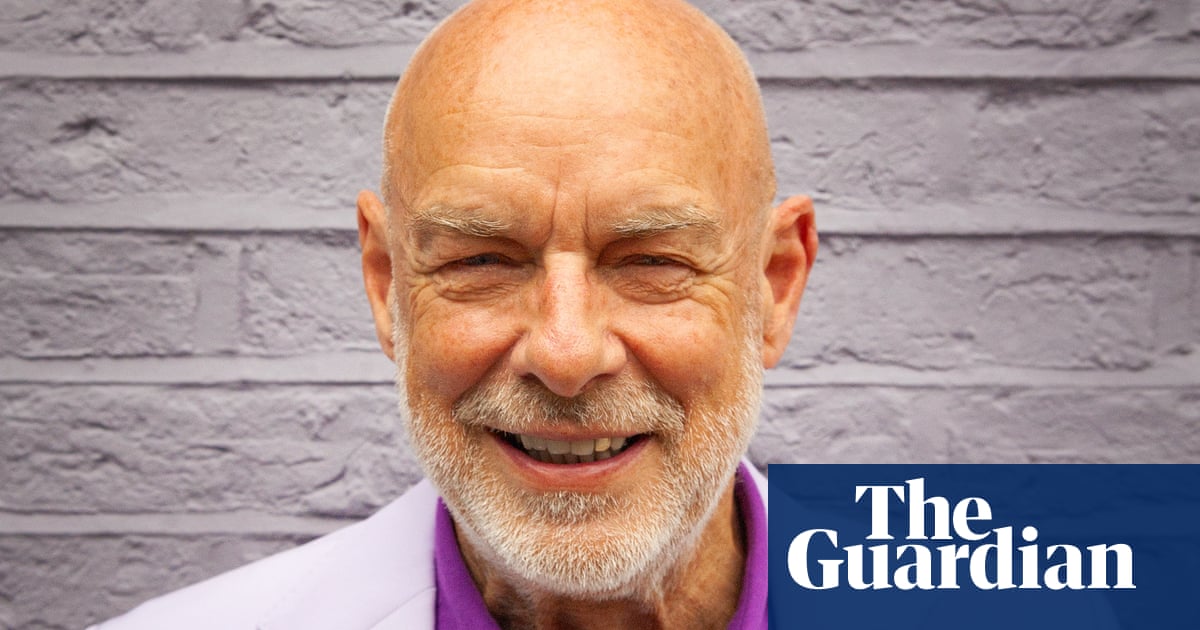Hospices in England are to receive a £100m-plus boost to funding amid worries that some end-of-life services could close because of the impact of the national insurance increase and wage rises.
However, the bulk of the money will be ringfenced for capital spending, and so cannot be used to help with day-to-day costs. The hospice sector said that while the money was welcome, it was not an answer to recurring cost pressures.
The investment, announced in the Commons by the health minister Karin Smyth, was billed as “the biggest investment into hospices and end-of-life care in a generation”.
“This government recognises the range of cost pressures the hospice sector has been facing over a number of years,” she told MPs.
The funding, coming in two chunks covering this year to 2026, includes an extra £100m for adult and children’s hospices, for 2024-25. An additional £26m over 2025-26 will go to children and young people’s hospices.
The health department said that while the £26m can be used for everyday spending, the £100m sum is restricted to capital expenditure, including work to renovate buildings and improve IT systems.
The shadow health minister, Caroline Johnson, whose urgent question on the issue in the Commons led to Smyth announcing the money, said she was not certain that hospices, most of which are run as charities but which also receive government funding for their NHS-related work, would be better off.
Johnson and other Conservative MPs asked Smyth to say whether hospices would be better off overall given the impact of the rise in employers’ national insurance, unveiled in the budget, which hospice organisations believed could cost a combined £30m a year. Smyth declined to say.
Hospices were already struggling with higher wage bills to match the 5.5% pay rise given to public sector medical workers, with the sector overall estimating an additional shortfall of about £60m.
The wider role of end-of-life care has also come into focus after the vote by MPs at the end of last month to back a bill which, if passed, would legalise assisted dying in England and Wales under certain limited circumstances.
Matthew Reed, the chief executive of Marie Curie, which operates a series of hospices, said it welcomed the extra money, and hoped for clarification about how it would be used.
He said: “However, a restricted and one-off investment is not going to meet the recurring cost pressures and ongoing needs of the sector – including the long-term implications of additional national insurance contributions, ongoing pressures as a result of rising costs of pay, and increased numbers of people dying over the next 20 years.”
In a statement released to coincide with the Commons announcement, Wes Streeting, the health secretary, said: “Hospices provide the care and support for patients and families at the most difficult time, so it is only right they are given the financial support to provide these services. This package will ensure they will be able to continue to deliver the compassionate care everyone deserves as they come to the end of their life in the best possible environment.”
The Liberal Democrats, which have called for hospices and other NHS services to be exempt from the national insurance rise, said that while the extra money was welcome, it was “deeply disappointing” there had not been a national insurance exemption.

.png) 3 weeks ago
10
3 weeks ago
10













































